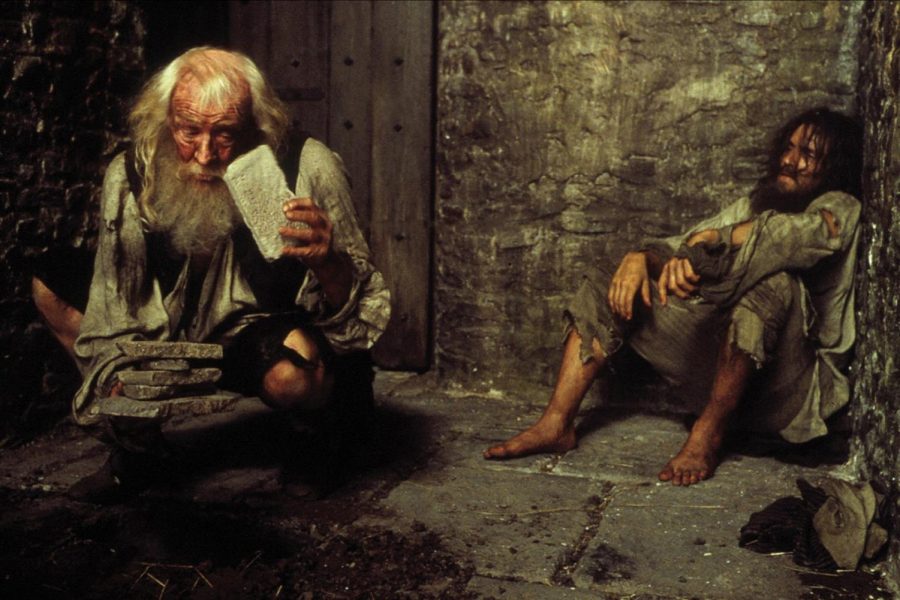Revenge in ‘The Count of Monte Cristo’
More stories from Jaxon Tuft
More stories from Eli Tesch
Sitting. Alone. You open your eyes, only to find nothing but darkness. Dehydration makes your head pound. Your last meal lies a few feet away, completely untouched. This lifeless room has been your home for only a few months, a small span of your wrongly accused life sentence. Death seems to be your only way out, there is nothing to do but wait. You hear a scratching– it’s source a brick on the corner of your room. “is somebody there” After the response, your life will never be the same. This is the story of Edmund Dantes.
The Count of Monte Cristo is a classic, and arguably one of the greatest literary works of all time. Being such, there are many themes that appear throughout the text. The most notable being revenge. Revenge plays a major role throughout the story, making the reader ask themselves questions like: “How far is too far?” and “Should revenge be dealt out upon a victims posterity?” Revenge being the driving force it is, is responsible for a large amount of the characters’ actions and subsequent deaths throughout the piece, there being only a handful of characters its persuasive glance did not tempt. It’s become apparent to me that revenge seems to be a prominent theme in The Count of Monte Cristo.
As one might have guessed the first victim of revenge’s hateful gaze was the story’s own protagonist: Edmond Dantes. He lives a small and optimistic life as a young and naïve boy of 19 with a loving father and fiancé. When on his wedding night, he’s framed for a crime he didn’t commit by the men he thought were his friends and thrown into an Island prison for 14 years until his perilous escape. Upon learning of these treacheries the innocent boy is fully consumed by revenge, emerging later as something different. Where an innocent boy once stood stands something else entirely, something formidable. The once trusting, compassionate, and innocent boy was gone. The boy had been replaced by something more, a brooding, calculated, and vengeful Puppet-master. Revenge created the Count of Monte Cristo, thus kicking the story into full gear.
Revenge claimed many more victims over the course of the book, claiming the lives of at least nine souls altogether. Though the Count was not the only character whose actions were driven by revenge throughout the plot, though he was the most subtle in his methods. Haydee planned to take revenge on her father for years saying: “God forgive me: though I am a Christian, I have always thought to avenge my illustrious father.” (86.120) and when finally given the chance she lets loose all her hatred and disdain upon him, plunging him into devastating guilt and destroying his public persona. Most likely being the contributing factor to his suicide.
When thinking upon the conclusion, the book truly isn’t about revenge at all. The man most guilty received the least of all the punishments, why? Well it’s a representation of the characters’ growth. A story of a man realizing revenge doesn’t always lead to satisfaction. A story about a man who learned to have mercy and compassion for his enemies. Eventually leading him to become his true self, a perfect mix of Dantes and The Count. Therefore the story isn’t about revenge at all, but rather learning how to overcome revenge, A principle that would’ve prevented many murders, crimes, divorces, and wars throughout history. And for what it’s worth, that’s why The Count of Monte Cristo is hands down my favorite book of all time.
























